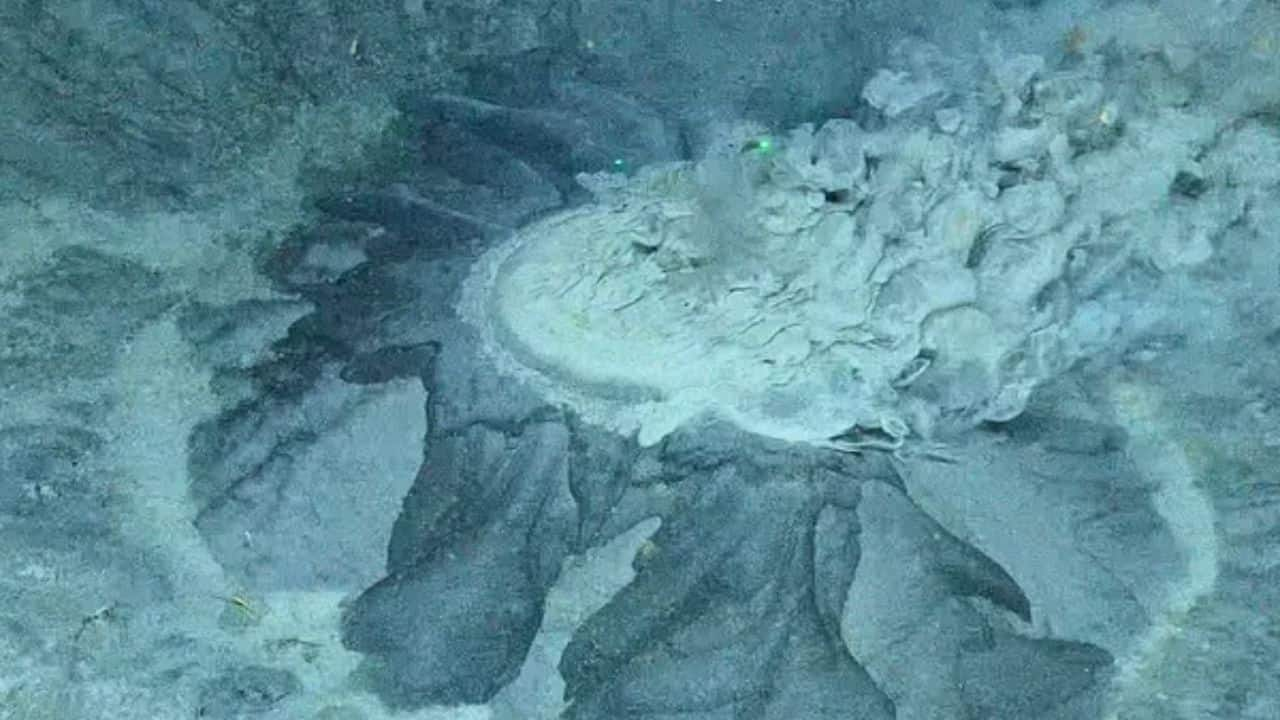Ancient Mud Volcano in Barents Sea Holds Secret to Preserving Arctic Species

A groundbreaking expedition by UiT – The Arctic University of Norway has uncovered an ancient mud volcano in the Barents Sea, a remarkable find that could provide a refuge for vulnerable Arctic marine species.
Led by researchers from REV Ocean, the team utilized a remotely operated vehicle to conduct an extensive examination of the 400-meter deep site. The discovery was made in 2023 and is set to revolutionize our understanding of these remote ecosystems.
According to Professor Giuliana Panieri from UiT, the Borealis Mud Volcano, as it has been named, "represents an exceptional opportunity for scientists to unravel the mysteries of Arctic biodiversity." Notably, she described the volcano's unique condition, where a stable crust creates a welcoming environment for marine life, sheltering it from harsh external conditions.
"It provides habitat, shelter, and food for marine life," Prof. Panieri highlighted. "The temperature difference between the warmed seabed (reaching 11.5°C) and typical Arctic waters (around 4°C) distinguishes this ecosystem."
Furthermore, scientists are determined to delve deeper into research on the Borealis Mud Volcano, seeking answers about how the volcano's distinctive conditions allow it to support an array of species in the harsh Arctic environment.
This remarkable discovery highlights the extraordinary complexity hidden beneath our polar regions. Further study will likely lead to pivotal findings for conservationists and scientists seeking to safeguard the world's fragile marine ecosystems.
